On Monday, the UN Security Council (UNSC), with a vote of 13-0, Russia and China abstaining, approved resolution No 2803, which was basically US President Donald Trump’s Gaza peace plan. This resolution legalises the establishment of the ‘Board of Peace’, which would coordinate an International Stabilisation Force (ISF) to oversee governance, reconstruction and security of Gaza. Approval by the UNSC means that Trump’s Gaza plan is now effective, making him the new czar in the Middle East.
The resolution places Trump as the head of the Board of Peace with Tony Blair as his assistant. Who else will be on the board is unknown. The Board will ‘report to the UNSC, not be subordinate to the UN, nor be bound by any earlier resolutions’.
This implies that the ISF will not be funded as other UN missions. Where the financing will come from remains a question. It is expected that troops would be provided by Muslim and Arab states only. While Arab states would cater for their own troop payments, other financially weak Muslim nations would have issues. The troop strength and also command and control structures need careful evaluation.
The resolution does state a future Palestine, though in vague terms, mentioning, ‘conditions may be in place for a credible pathway to Palestinian self-determination and statehood’. While this may be to satisfy demands of Muslim nations, it angers Israel.
Quick Reads
View AllThe US envoy to the UN, Mike Waltz, stated prior to the vote, ‘The draft UNSC resolution was forged in the fires of diplomacy with Qatar, Egypt, Saudi Arabia, the UAE, Turkey, Pakistan and Indonesia.’ He implied that the agreement flowed from discussions which President Trump held with Arab and other Muslim states on the sidelines of the UN General Assembly (UNGA) session, though the final draft was not based on their views.
Post the initial announcement of Trump’s 20-point Gaza peace plan, Muslim nations, including Pakistan, mentioned that it was not in consonance with what was presented in the meeting. The plan was altered to suit Israel, post Trump meeting with Israeli PM Benjamin Netanyahu. The US is courting Muslim nations to ensure its implementation.
The ISF will be responsible for ‘stabilising and securing the region, supporting demilitarisation, dismantling terrorist infrastructure, decommissioning weapons and catering for the safety of Palestinian civilians’. While the mandate is vast, stages of implementation are unknown. Many, including Muslim nations, backed the resolution, while some claimed it lacked clarity.
The Russian representative mentioned that it should not become a ‘death knell for a two-state solution’. China stated that ‘Palestine sovereignty and ownership are not fully reflected.’ However, both Russia and China did not utilise their veto, enabling it to sail through. India had already backed Trump’s peace plan on Gaza. Israel and Hamas, both of whom are directly affected, had differing views, while the Palestinian Authority (PA) welcomed it.
Hamas’s spokesperson mentioned, ‘The resolution imposes an international guardianship mechanism on the Gaza Strip, which our people and their factions reject.’ He added, ‘Assigning the international force with tasks and roles inside the Gaza Strip, including disarming the resistance, strips it of its neutrality and turns it into a party to the conflict in favour of the occupation.’ How will it respond once the ISF seeks to disarm it, which is expected by January, is to be seen.
Israel has always objected to any Palestinian state. The resolution, mentioning a possible Palestinian state, implied added pressures on Netanyahu, whose coalition members reacted with fury. Netanyahu was forced to restate his objections to a Palestinian state. Trump would now be pressurising Israel to accept his terms and conditions. Whether it will succeed, especially when Netanyahu faces an internal revolt, is to be seen.
For the PA, it will be an opportunity to regain control of Gaza, from which it was ousted by Hamas. Israel would not desire the PA to regain control. After all, it was Netanyahu who supported the rise of Hamas as a counter to the PA.
Further, if Arab states participate in the ISF, and also the Board of Peace includes representatives from multiple nations, including those friendly to Israel, Tel Aviv’s objections may not carry much weight. Navigating this may not be easy for Netanyahu.
Hamas is unwilling to be disarmed unless there is a verifiable withdrawal of Israeli troops from Gaza. Currently it wants the ISF to be stationed on the borders more akin to a peacekeeping force, separating both sides. For Israel, disarming Hamas is a priority. Without pressure, both may not bend. There is always a fear that the ISF may be compelled to engage Hamas in conflict, which would benefit Israel.
Trump, on his part, is also keen to push through the Abraham Accords and have Saudi Arabia and Pakistan recognise Israel. This would have been discussed during the visit of the Saudi Crown Prince to Washington. For this to happen, the possibility of a Palestinian state emerging is essential, as this remains a core condition for Riyadh.
The next issue is who nominates countries forming part of the ISF. Will it be Washington, or will Tel Aviv also have a role to play? There are bound to be disagreements between their choices; if so, who would have the veto? It is evident that neither Hamas nor the PA would be consulted.
Turkey is a close US ally but not one of Israel’s, especially since it joined South Africa in their case against Israel on genocide and human rights at the International Court of Justice. There are also arrest warrants issued against Netanyahu and other Israeli officials by the Turkish prosecutor. Pakistan is another vowed enemy of Israel but is willing to do Trump’s bidding and participate in the ISF. Will it be acceptable to Israel? How many Arab states would participate by sending troops into a potential war zone is also to be seen.
While the resolution authorises the Board of Peace and the ISF to continue till the end of 2027, there are no timelines on when it would hand over Gaza to the PA or complete the disarmament of Hamas. Unless all these issues are handled, the entire plan can be derailed.
Trump’s dream of obtaining a Nobel Peace Prize hinges very much on his Gaza plan. Will it succeed, or like all his other claims, will this too bite the dust? 2026 will determine the outcome.
(The author is a former Indian Army officer, strategic analyst and columnist. Views expressed in the above piece are personal and solely those of the author. They do not necessarily reflect Firstpost’s views.)


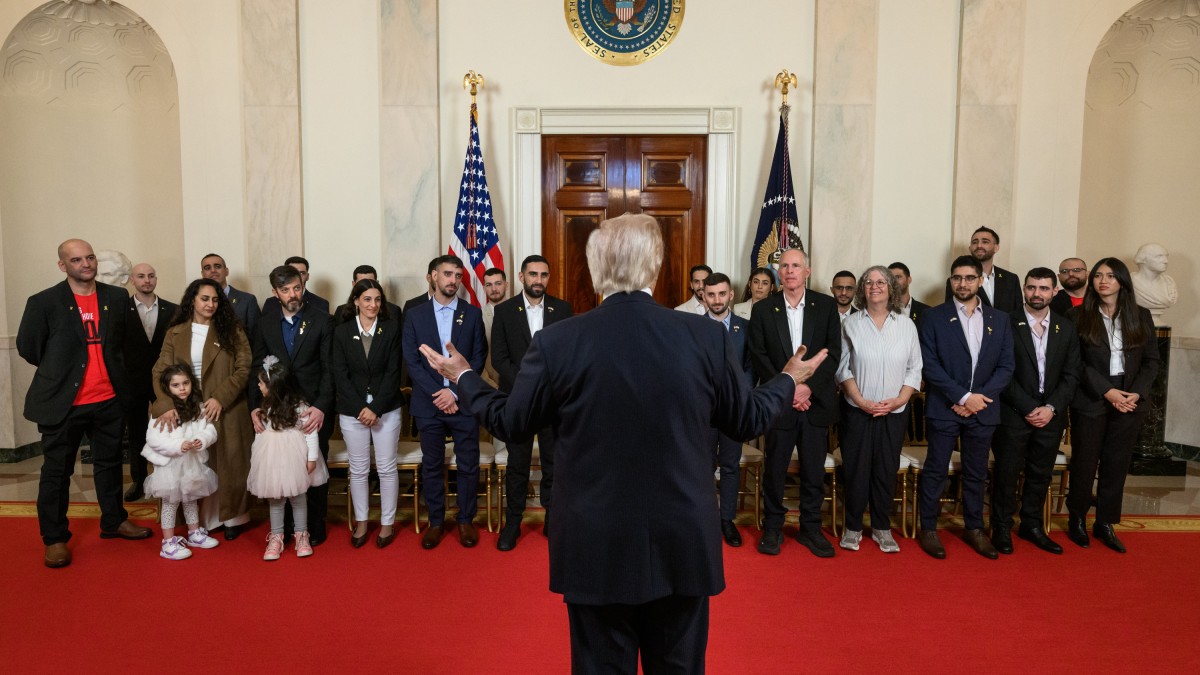)
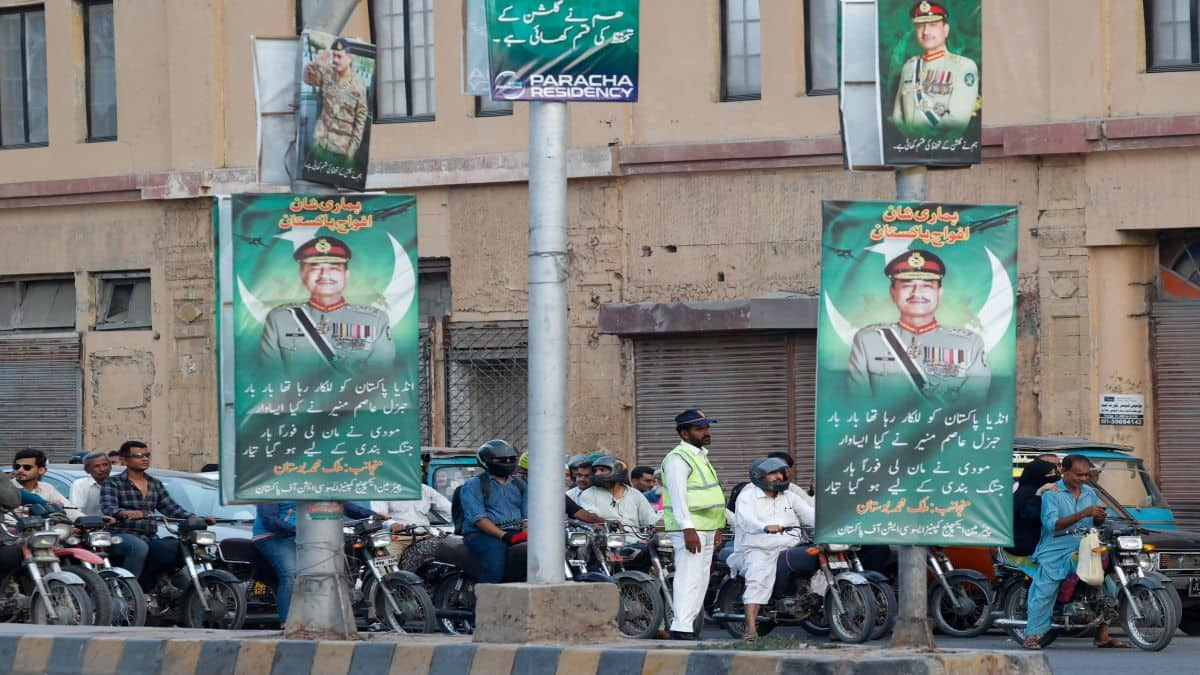
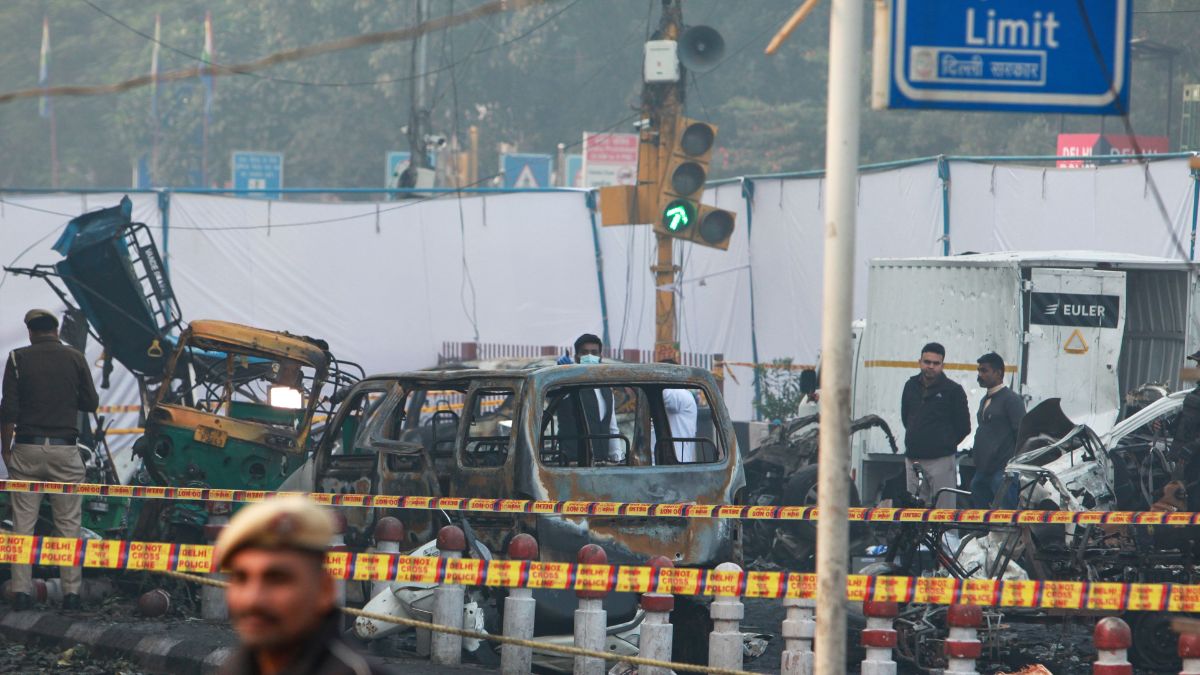)
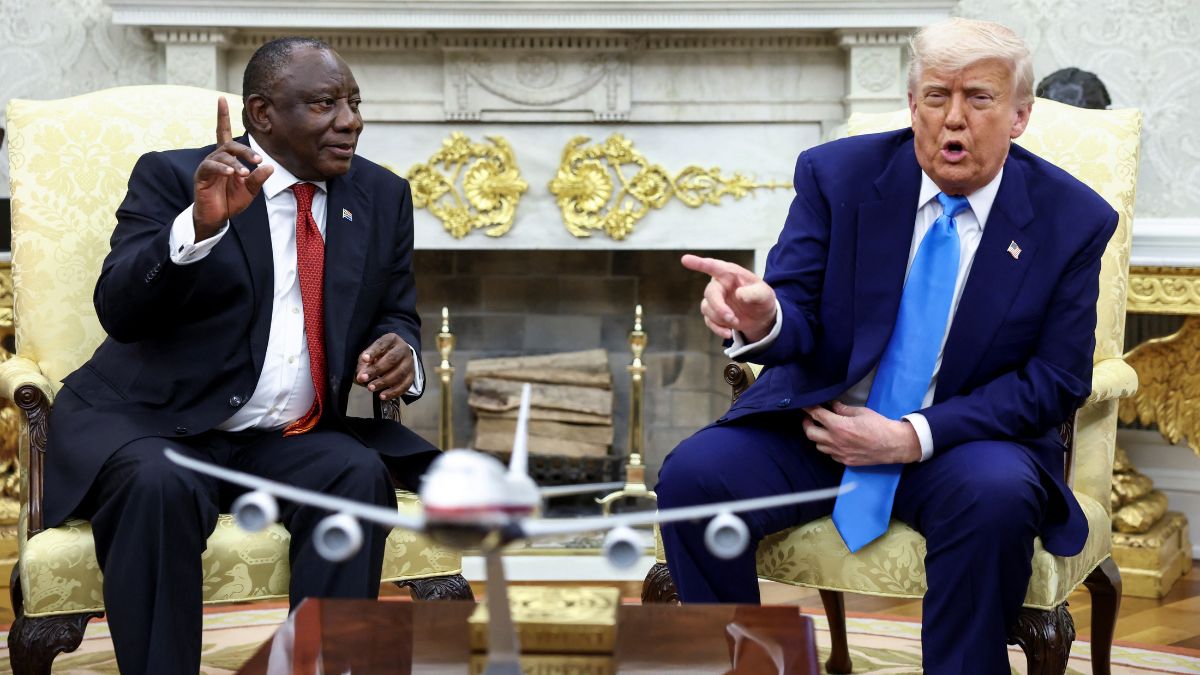)
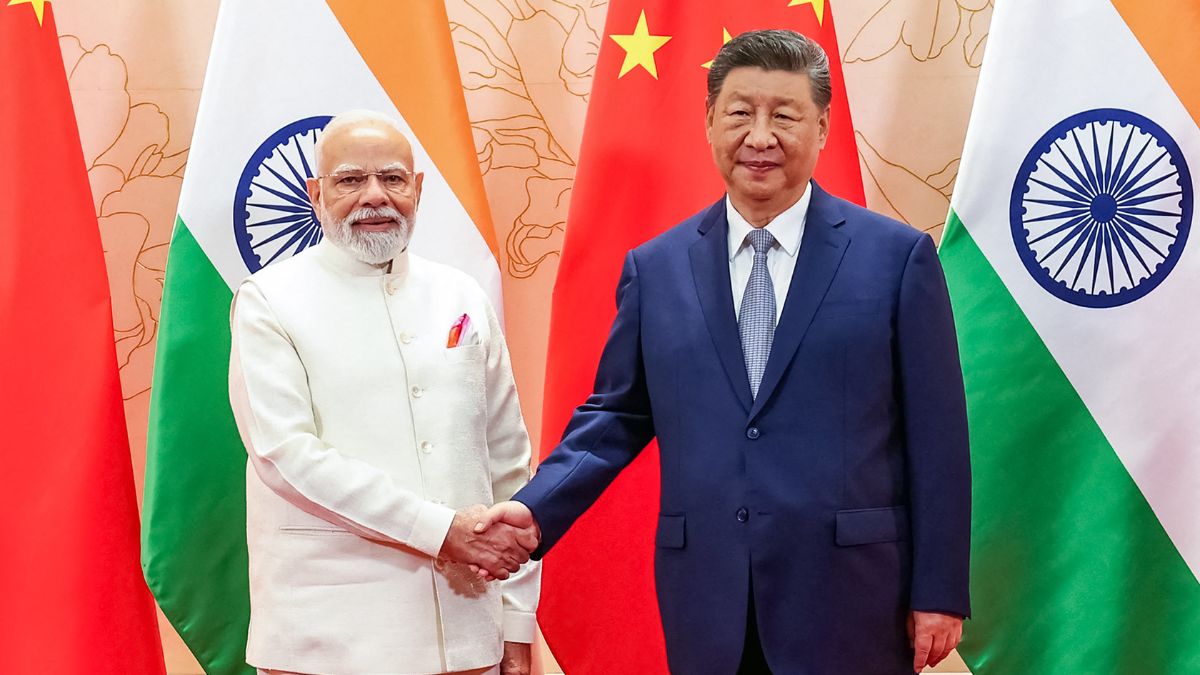)
)
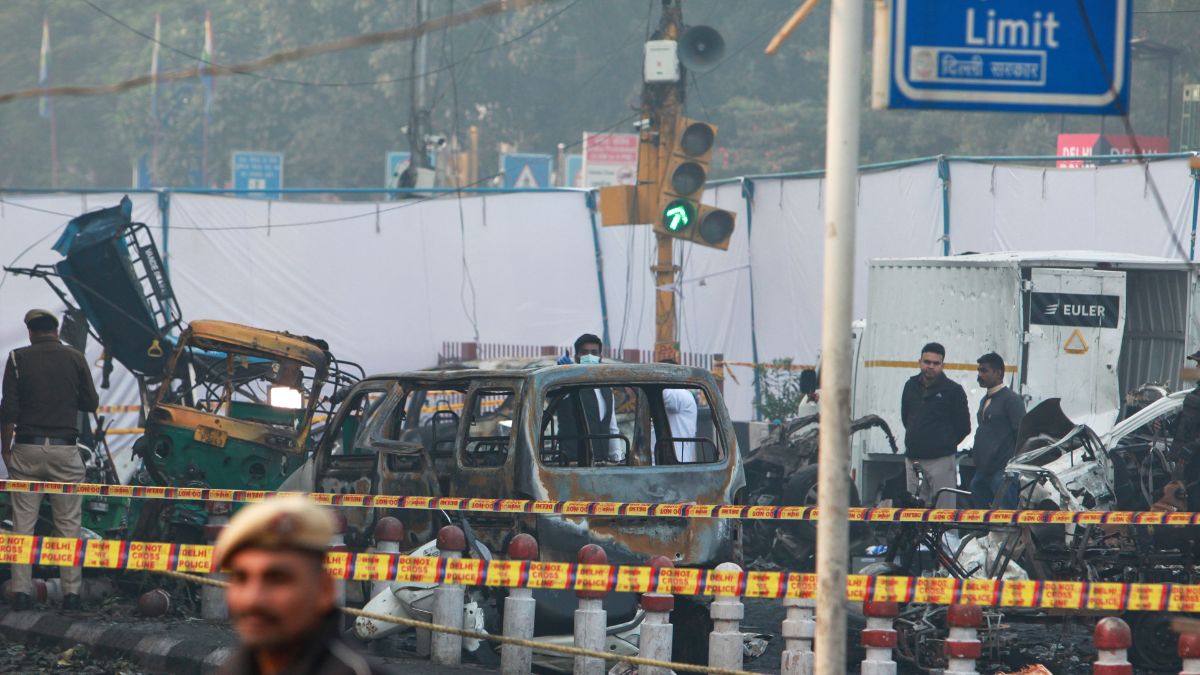)
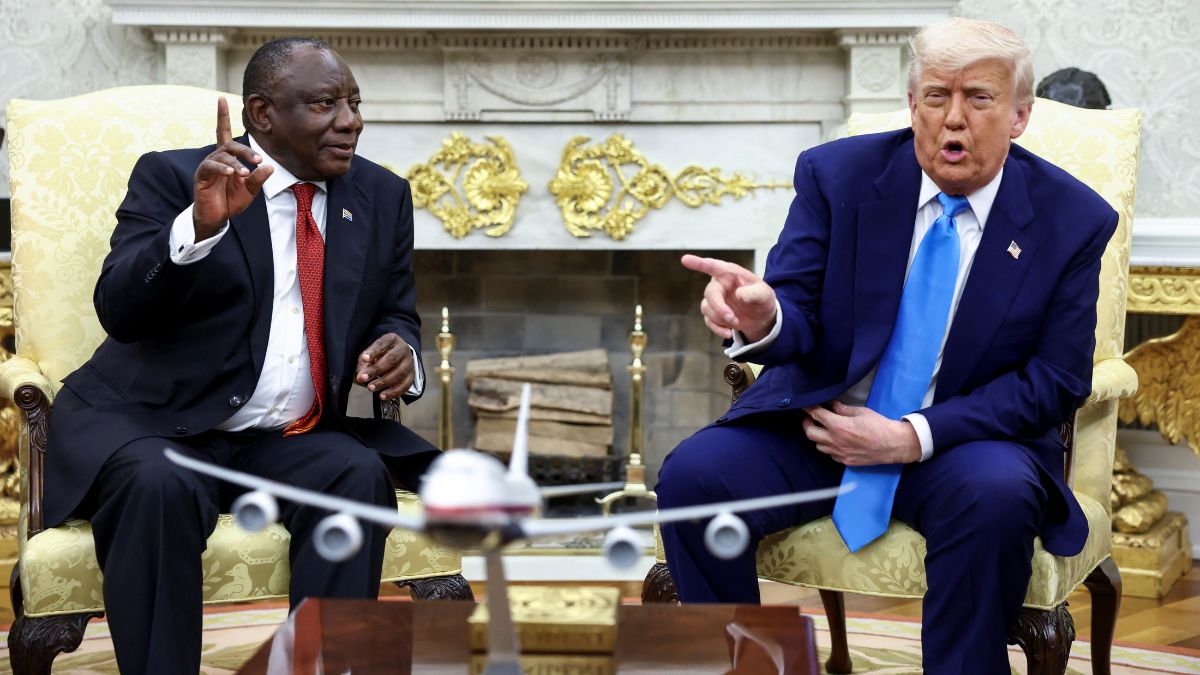)
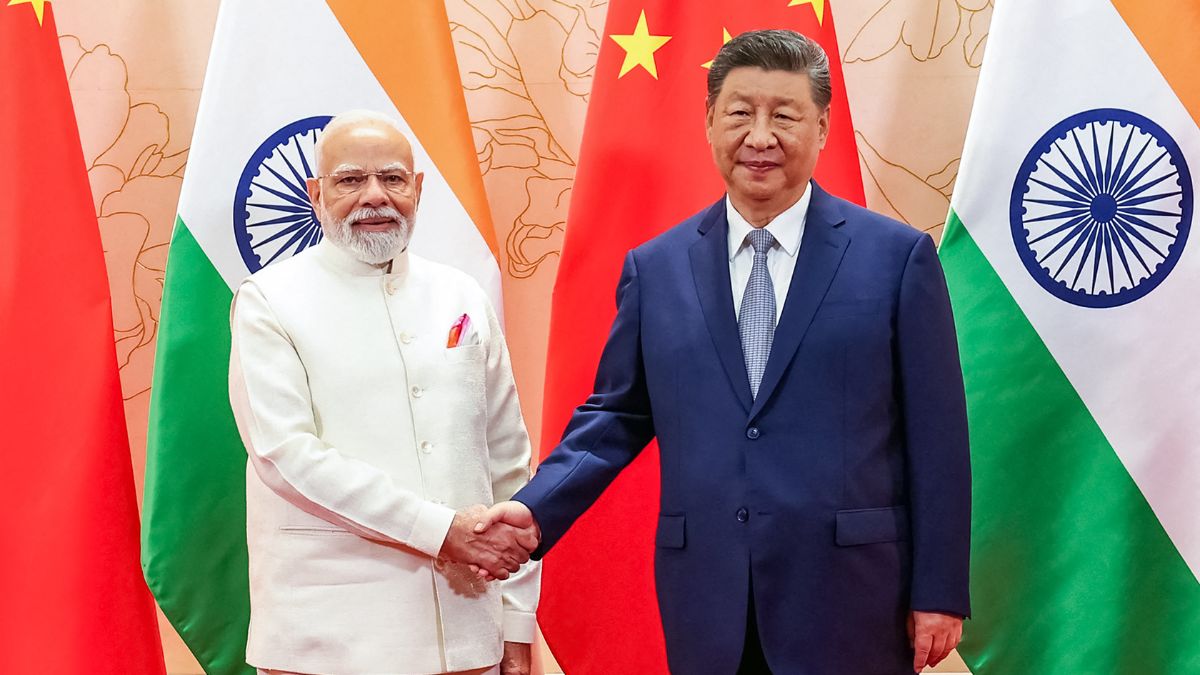)
)



